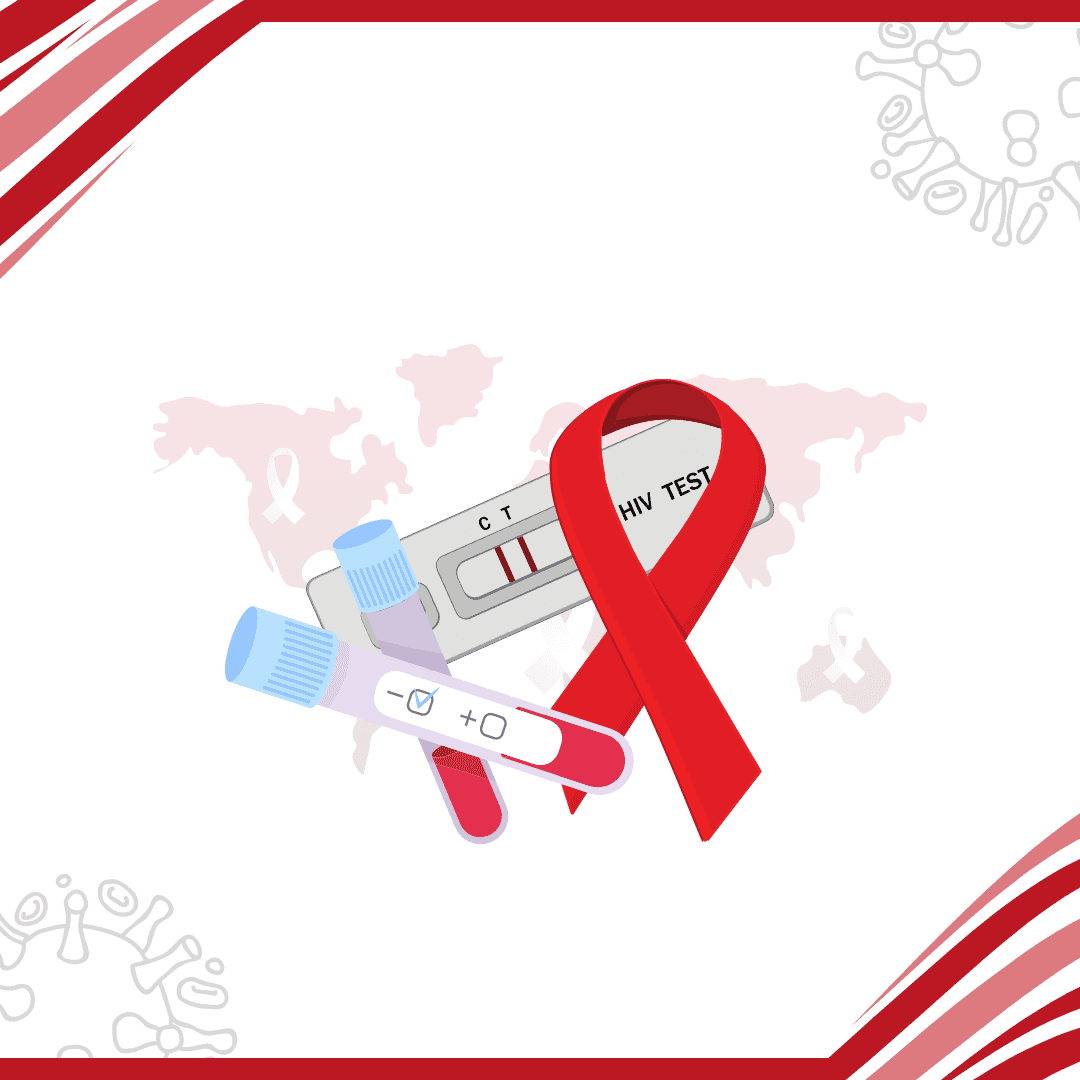HIV is a serious condition that affects millions of people worldwide. While there is no cure for HIV, there are many ways to prevent infection. In this blog post, we will discuss the most effective ways to prevent HIV infections, including the use of condoms, pre-exposure prophylaxis (PrEP), post-exposure prophylaxis (PEP), and reducing high-risk behaviors.
Use Condoms
Using condoms is one of the most effective ways to prevent HIV infections. Condoms provide a barrier between sexual partners, preventing the exchange of bodily fluids that can transmit HIV. When used correctly and consistently, condoms can reduce the risk of HIV transmission by up to 90%.
It is important to use condoms during any sexual activity that could result in the exchange of bodily fluids, including vaginal, anal, and oral sex. It is also important to use condoms with new sexual partners until both partners have been tested for HIV and other sexually transmitted infections (STIs).
Pre-Exposure Prophylaxis (PrEP)
Those who are at high risk of getting HIV infection must consider taking PrEP medication. PrEP is a combination of two antiretroviral drugs, tenofovir disoproxil fumarate and emtricitabine, that are taken daily. Studies have proved that PrEP can reduce the risk of HIV infection by 99% if taken consistently.
PrEP is recommended for people who engage in high-risk behaviors, such as having unprotected sex or sharing needles. It is important to talk to a healthcare provider about whether PrEP is right for you and to follow the recommended dosage and administration guidelines.
Post-Exposure Prophylaxis (PEP)
Post-exposure prophylaxis (PEP) is a medication that can be taken after exposure to HIV in order to prevent infection. PEP must be taken within 72 hours of exposure, and it is recommended to start treatment as soon as possible.
PEP is recommended for people who have had unprotected sex or have been exposed to HIV through other means, such as sharing needles. It is important to talk to a healthcare provider about whether PEP is right for you and to follow the recommended dosage and administration guidelines.
Reduce High-Risk Behaviors
Reducing high-risk behaviors is an important step in preventing HIV infections. This includes avoiding unprotected sex, sharing needles, and engaging in other behaviors that can increase the risk of HIV transmission.
If you choose to engage in high-risk behaviors, it is important to take steps to reduce your risk of infection. This includes using condoms, practicing safer injection techniques, and getting tested regularly for HIV and other STIs.
Get Tested Regularly
Getting tested regularly for HIV and other STIs is an important part of preventing HIV infections. Testing allows you to know your HIV status and to take steps to reduce your risk of transmission if you are living with HIV.
It is recommended to get tested for HIV and other STIs at least once a year, or more frequently if you engage in high-risk behaviors. Testing is available at healthcare providers, community health centers, and many other locations.
Conclusion
Preventing HIV infections requires a combination of strategies, including using condoms, taking pre-exposure prophylaxis (PrEP), taking post-exposure prophylaxis (PEP), reducing high-risk behaviors, and getting tested regularly for HIV and other STIs. It is important to talk to a healthcare provider about which prevention strategies are right for you and to follow the recommended guidelines for dosage and administration. By taking these steps, we can work together to reduce the number of new HIV infections and improve the health and well-being of all people.
My name is Sardar Ayaz a professional content writer and SEO expert having Proven record of excellent writing demonstrated in a professional portfolio Impeccable grasp of the English language, including idioms and current trends in slang and expressions. I have ability to work independently with little or no daily supervision with strong interpersonal skills and willingness to communicate with clients, colleagues, and management.
I can produce well-researched content for publication online and in print, organize writing schedules to complete drafts of content or finished projects within deadlines. I have 12 years’ experience to develop related content for multiple platforms, such as websites, email marketing, product descriptions, videos, and blogs.
I use search engine optimization (SEO) strategies in writing to maximize the online visibility of a website in search results
